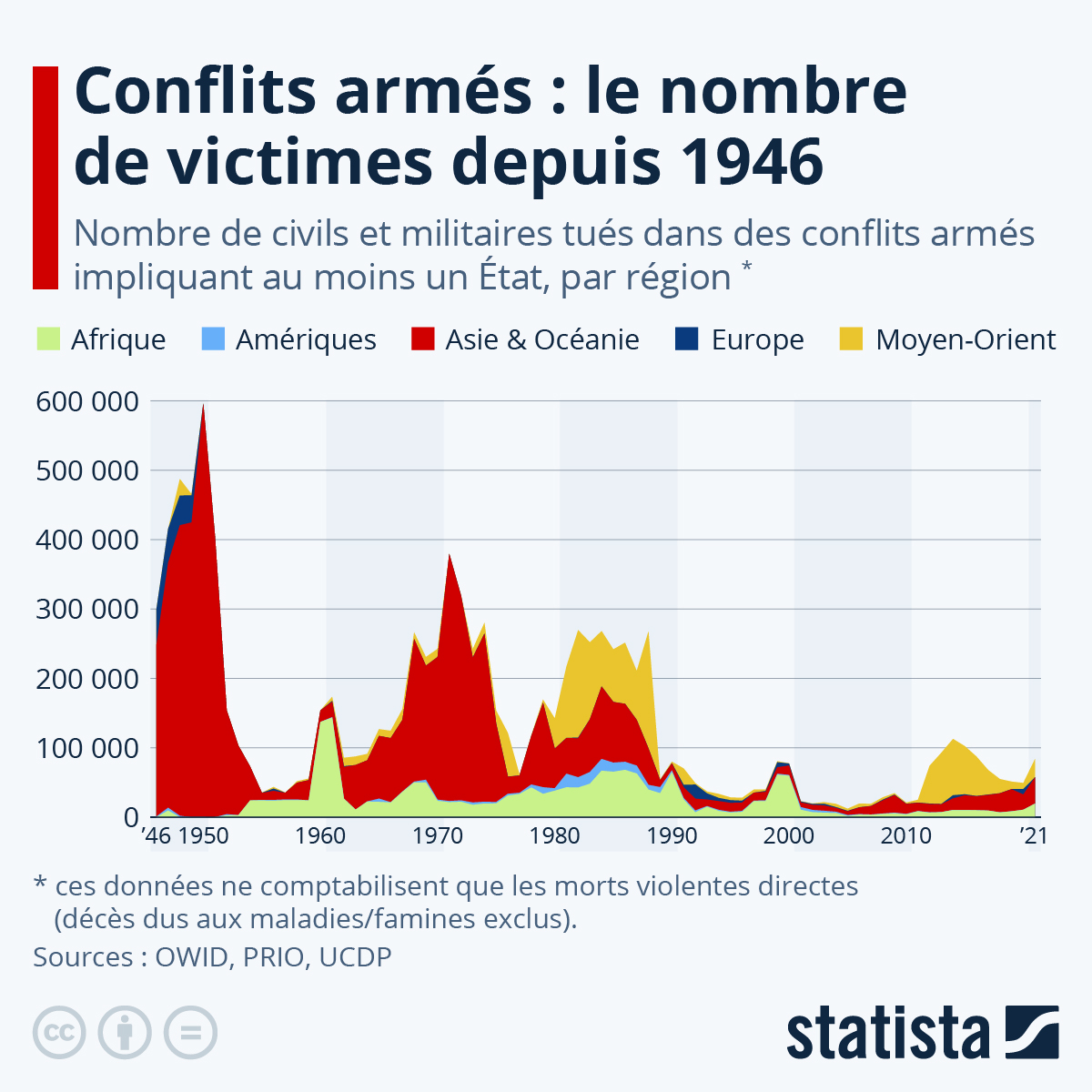Trump Argues Tariffs Unreviewable In Court Case

Table of Contents
The Core Argument: Unreviewability of Tariffs
Trump's legal team's central claim rests on the assertion that the President's authority to impose tariffs is absolute and beyond judicial review. This argument hinges on a specific interpretation of the executive power granted under the Constitution and relevant trade legislation.
-
Legal Basis: The argument cites clauses within trade legislation, particularly those granting the President broad authority to protect national security interests through tariff imposition (e.g., Section 232 of the Trade Expansion Act of 1962). They contend that this broad grant of power implicitly excludes judicial review.
-
Separation of Powers: The defense emphasizes the separation of powers doctrine, arguing that judicial intervention in this area would constitute an overreach into the executive branch's purview on matters of national security and international trade. The claim is that such decisions are inherently political and therefore best left to the executive branch.
-
Precedent (or Lack Thereof): The defense struggles to find direct precedent supporting complete unreviewability. Instead, they attempt to establish a distinction between cases involving other executive actions and the unique nature of presidential authority in trade matters, particularly regarding national security concerns. This absence of direct precedent weakens their argument, however.
-
Type of Tariffs: The specific tariffs being challenged are primarily Section 232 tariffs, imposed under the claim of national security threats. This framing is crucial to the defense, as it aims to portray the tariffs not as mere economic policy decisions but as vital actions necessary for national security.
Opposition Arguments: Challenging the Unreviewability Claim
Those challenging the tariffs argue that deeming them unreviewable would set a dangerous precedent, allowing for potential abuse of power.
-
Abuse of Power: Opponents argue that if tariffs are unreviewable, the President could impose tariffs arbitrarily, harming businesses and consumers without any judicial recourse. This lack of accountability raises significant concerns about the potential for misuse of executive authority.
-
Legal Precedents: The opposing side cites numerous legal precedents establishing that judicial review applies even to executive actions in areas like trade. They argue that the courts have a role in ensuring that executive actions comply with the law and do not violate constitutional rights.
-
Economic Impacts: The economic arguments focus on the significant negative impacts of these tariffs on businesses and consumers. Increased costs, reduced competitiveness, and job losses are presented as direct consequences of unchallenged tariffs. These arguments appeal to the practical implications of the unreviewability claim.
-
Legal Challenges: Affected parties, including businesses and trade organizations, have filed numerous lawsuits challenging the tariffs, highlighting the widespread concern about the lack of judicial oversight. These lawsuits provide a crucial counterpoint to the claim of unreviewability.
The Role of the Courts: Judicial Review and Presidential Power
This case has far-reaching implications for the balance of power between the executive and judicial branches, particularly concerning presidential trade decisions.
-
Future Administrations: A ruling either way will significantly impact future administrations' ability to implement trade policies. A decision against unreviewability could embolden future legal challenges to executive trade actions.
-
Checks and Balances: The case tests the fundamental principles of checks and balances within the US government. The extent to which the judiciary can review executive actions, particularly in sensitive areas like national security and trade, is at stake.
-
Legal Precedents: The ruling will undoubtedly set significant legal precedents, influencing how future trade disputes and challenges to executive authority in trade matters are handled. The interpretation of executive power in this context will be a major takeaway.
Potential Consequences and Impacts
The consequences of a ruling in this case will be far-reaching and affect various sectors of the economy and international relations.
-
International Trade Relations: A ruling against unreviewability could damage US credibility in international trade negotiations, as it might be seen as a rejection of established international norms and legal standards.
-
Domestic Industries: Domestic industries directly affected by the tariffs (both positively and negatively) will experience significant impacts based on the ruling. A decision against unreviewability could lead to increased uncertainty and volatility in the market.
-
Future Tariff Policy: Future tariff policy and trade negotiations will be profoundly affected by this ruling. The extent of executive authority in imposing tariffs will directly determine the scope of future trade deals and policymaking.
-
Executive-Judicial Relationship: The outcome will shape the relationship between the executive and judicial branches for years to come, setting a precedent for the level of judicial oversight applicable to executive decisions in areas of national security and economic policy.
Conclusion
This article has analyzed the ongoing legal battle surrounding the question of whether Trump's tariffs are unreviewable in court. The case raises critical questions about presidential power, judicial review, and the potential for unchecked executive action in trade policy. The arguments presented on both sides highlight the significant implications of this legal challenge for the future of US trade relations and the balance of power within the government. The potential impact on future trade policy, international relations, and the relationship between the branches of government makes this a landmark case.
Call to Action: Stay informed about the developments in this crucial legal case concerning Trump's tariffs and their unreviewability. Understanding the outcome will be essential to comprehending the future landscape of US trade policy and the relationship between the executive and judicial branches. Follow us for further updates on this significant legal challenge to Trump's tariffs and the broader implications for judicial review of presidential trade decisions.

Featured Posts
-
 S Sh A Usilyat Davlenie Na Rossiyu Reaktsiya Na Slova Makrona
May 03, 2025
S Sh A Usilyat Davlenie Na Rossiyu Reaktsiya Na Slova Makrona
May 03, 2025 -
 6 Key Factors Determining The Success Of A Harry Potter Remake
May 03, 2025
6 Key Factors Determining The Success Of A Harry Potter Remake
May 03, 2025 -
 Joseph La Nouvelle Serie Policiere De Tf 1 A La Hauteur Des Attentes
May 03, 2025
Joseph La Nouvelle Serie Policiere De Tf 1 A La Hauteur Des Attentes
May 03, 2025 -
 La Douleur Des Victimes Israeliennes Le President Macron Profondement Touche
May 03, 2025
La Douleur Des Victimes Israeliennes Le President Macron Profondement Touche
May 03, 2025 -
 Celebrity Traitors On Bbc Famous Siblings Pull Out Throwing Filming Into Disarray
May 03, 2025
Celebrity Traitors On Bbc Famous Siblings Pull Out Throwing Filming Into Disarray
May 03, 2025
